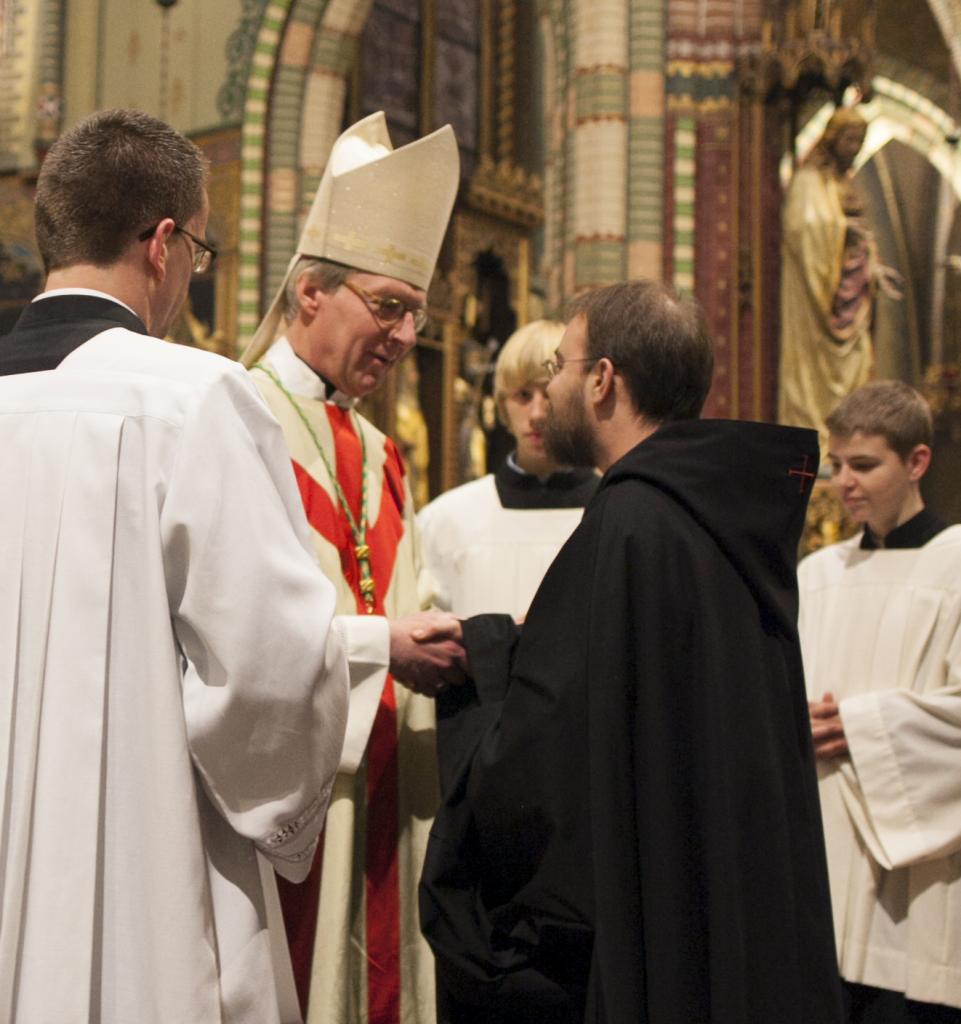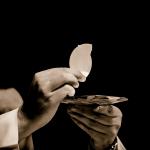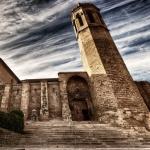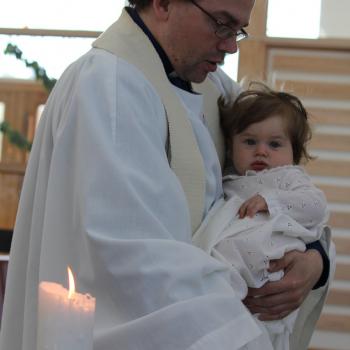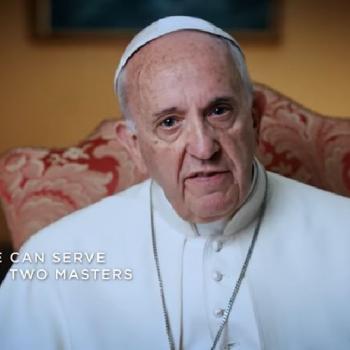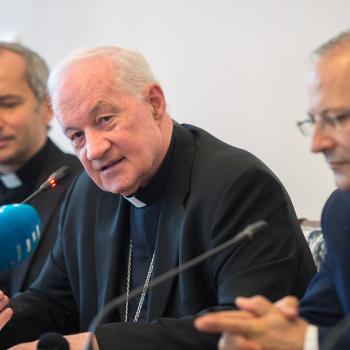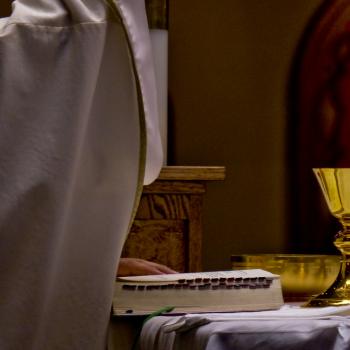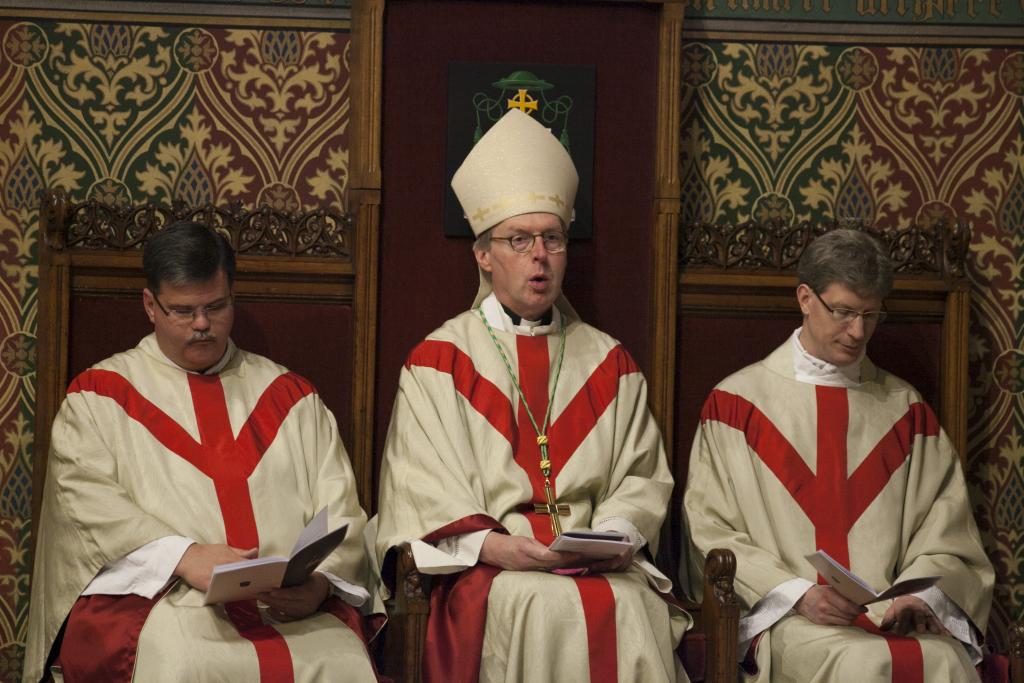
By Cameron Doody and Hendro Munsterman
The leader of The Netherlands’ largest Catholic diocese has sprung to the defense of Pope against the attacks on Francis of his countryman, Cardinal Wim Eijk. Writing in the pages of the Nederlands Dagblad, Bishop Gerard De Korte of Den Bosch has declared that “Pope Francis doesn’t sow confusion, but gives space for ongoing dialog”.
The motive of Cardinal Eijk’s extraordinary comparison of the ministry of the Bishop of Rome with the coming of the Antichrist was that it is “completely incomprehensible” that Pope Francis should have suggested to the German bishops that they try and find “a possibly unanimous decision” on the question of giving Communion to Protestant spouses of Catholics. The Archbishop of Utrecht has been joined in his charge that the Pope is sowing “great confusion” by figures such as Cardinal Gerhard Müller, the ex-Prefect of the Congregation for the Doctrine of the Faith – who described Francis’ answer as “very poor” – or Cardinal Raymond Burke, who called the Pope’s response “absurd”.
To the contrary of what Müller, Burke and others believe, however, Bishop De Korte claimed that “nowhere does it appear that the Pope is violating the doctrine of the Church”. Rather, “Pope Francis seems to have a great sensitivity” to the need that the Church escape the “barren subjectivism” of the mindset that Catholics have nothing to learn from Christians of other denominations, which leads him to be convinced of the fact that “the Church shouldn’t reject failing and sinful people, but must care for them as a shepherd tends to his flock”.
“The Pope wants to take into account the stubbornness of our existence”
The Pope “wants to take into account the stubbornness of our existence”, claimed De Korte, whether of those “not a few [who] agree only partially with the doctrine of the Church” or of those “hurt along the path of life” who look to the Church for solace on real-life questions. “It seems fruitful to me that theologians and the magisterium – in the light of Holy Scripture, the tradition and new scientific insights – continue to think about sensitive themes such as divorce, homosexuality, eucharistic hospitality and intercommunion”, opined the Dutch bishop, leaving the door open to a further development of doctrine on the reception of the Eucharist such as there has been on wars and the use of force, for example.
“An exciting question is also how much diversity there can be within the unity of the Church”, continued De Korte, before suggesting that “our future is open”. An openness this to which the Pope’s “willingness for permanent dialog” can make a significant contribution, especially given the fact that such an attitude for dialog “does not stem from modernism or liberalism, but from the heart of the Gospel”. The Pope’s answer on intercommunion, as his push for a “field hospital Church” in general, “is about the willingness for a lasting dialog”, explained the Dutch bishop, “which does not mean that we deny our deepest convictions, but are open to the working of the Holy Spirit in the other”.
A powerful intervention in the debate on intercommunion, then, that of the Bishop of Den Bosch. Coupled with new declarations of Cardinal Reinhard Marx, the president of the German Bishops – that on the question of intercommunion “one cannot keep seeking and discussing until unanimity is found” – or of the Bishop of Mainz, Peter Kohlgraf – that the Pope believes that intercommunion is not “a threat to the Faith” – De Korte’s words suggest Francis’ openness to Communion for Protestants is set to gain even more adherents in the future.
